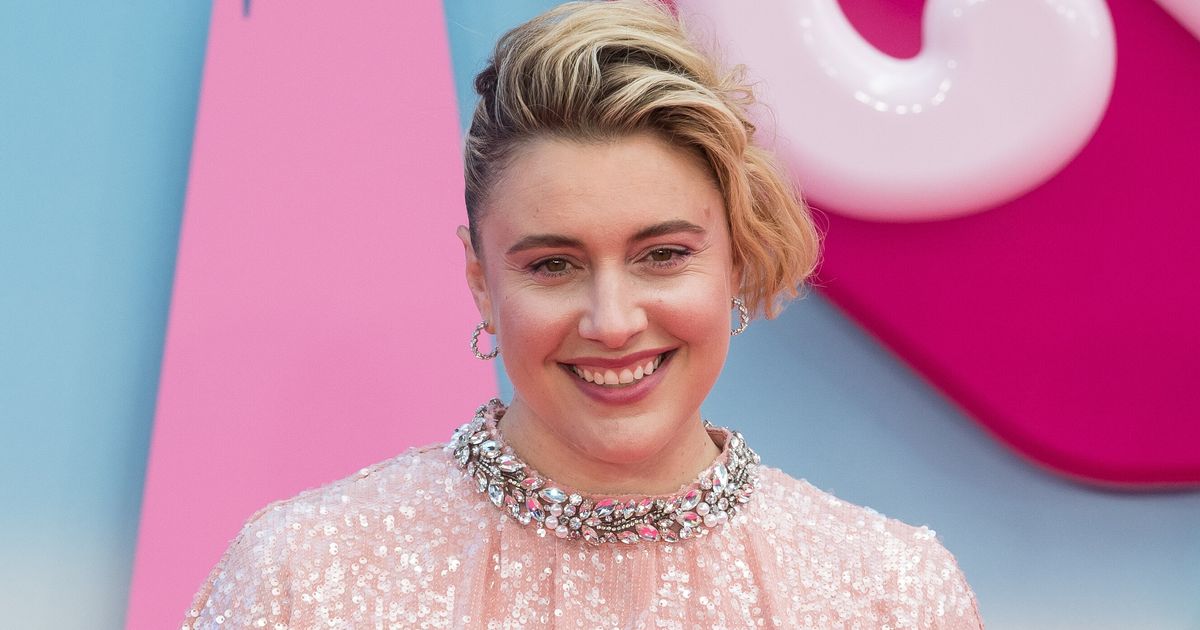Greta Gerwig’s smash hit “Barbie” dominated headlines in 2023, making over $1 billion at the box office and becoming one of the year’s biggest cultural phenomena. But Gerwig’s successful trajectory from directing indie films to 2023’s highest-grossing movie — and the highest-grossing film directed by any woman in history — is still the exception to the norm. The club of directors at the helm of Hollywood’s biggest movies remains primarily a Mojo Dojo Casa House, the masculine abode of Ken (Ryan Gosling) in her film.
Women, people of color, and especially women of color remain woefully underrepresented in the director’s chair on major theatrical releases. It’s a persistent problem each year, and 2023 was unfortunately no different, according to the latest research from the University of Southern California’s Annenberg Inclusion Initiative, which has gathered data on representation and inclusion in Hollywood dating back to 2007.
Based on the initiative’s data, it has become increasingly apparent that recent pledges from Hollywood gatekeepers to hire more directors from underrepresented communities have been “performative acts by the entertainment industry and not real steps towards fostering change,” the group, founded by USC professor Stacy Smith, wrote in its latest report, whose findings were released Tuesday.
Year after year, the initiative has found minimal changes in the levels of women and people of color directing major movies. For instance, over the past 17 years, just 19 women of color have directed at least one of the top 100 highest-grossing films at the box office annually (from a total of 1,700 films between 2007 and 2023), according to the group’s data.
Four of them were in 2023: Adele Lim (“Joy Ride”), Celine Song (“Past Lives”), Fawn Veerasunthorn (“Wish”) and Nia DaCosta (“The Marvels”), who was the only Black woman to direct a major box-office film last year. These four women of color accounted for just 3.4% of the directors behind the 100 top-grossing films of 2023. That figure was similarly low in 2022, when 2.7% of the directors on the highest-grossing films were women of color.
Dimitrios Kambouris via Getty Images
Women overall have also made few, if any, gains in directing in recent years. Just 12.1% of the directors of 2023’s top 100 films at the box office were women — barely a difference from 2022, when the figure was 9%, according to the report. “The percentage has not changed notably since 2018, when 4.5% of directors were women,” the report said. On average across all 17 years of the group’s data, only 6% of directors on major films were women.
“These figures are not merely data points on a chart,” Smith said in a statement. “They represent real, talented women working to have sustainable careers in an industry that will not hire them into jobs they are qualified to hold solely because of their identity.”
Directors of color have seen a similar lack of progress. Across the 100 top-grossing films of 2023, a total of 26 directors (22.4%) were people of color. When broken down by race and ethnicity, 14 were Asian (53.8%), eight were Black (30.8%), two were Hispanic/Latino (7.7%) and two were multiracial or multiethnic (7.7%). Once again, there was no notable improvement from 2022, when the figure was 20.7%. Both years marked a decrease from the 27.3% of directors of color in 2021. According to the group’s data, there has been no significant shift for such directors since 2016, when 13.3% of the filmmakers behind the year’s major movies were people of color.
When breaking down 2023’s top films by studio and distributor, the group found that much of the work in hiring directors of color has come from smaller, independent distributors like A24, Crunchyroll, Angel Studios and United Artists Releasing, rather than from the major Hollywood studios.
Year after year, the group’s findings, along with similar studies elsewhere, have continually identified a pipeline problem. Compared with their white male counterparts, most women and people of color don’t get the chance to move up the ladder, from directing independent films to episodes of major television shows, streaming movies and, eventually, big box-office hits. In other words, the larger the project, the more likely a white man gets hired to direct it.
To show a snapshot of the issue, researchers compared three different levels of directing. For instance, on average, nearly 55% of directors competing in the most recent four years of the Sundance Film Festival’s U.S. Dramatic Film category — which comprises independent movies — were women, and 52% were people of color. For episodic television, 38% of directors during the 2020-2021 TV season were women, and 34.5% were people of color, according to data from the Directors Guild of America. And among Netflix’s original feature films in 2021, 26.9% of directors were women, while 22.4% were people of color.
Given the drop-offs at each level, it’s no wonder that the percentages of women and people of color directing at Hollywood’s top echelons are so low.
These numbers clearly demonstrate that industry leaders and major executives with the power to greenlight movies haven’t followed through on their repeated promises to hire and support a more diverse range of directors, according to the group.
“This report offers a contrast to those who might celebrate the dawning of change in Hollywood after a year in which ‘Barbie’ topped the box office. One film or one director are simply not enough to create the sea change that is still needed behind the camera,” researchers wrote in the report.
“Until studios, executives, and producers alter the way they make decisions about who is qualified and available to work as a director on top-grossing films, there is little reason to believe that optimism is warranted.”
